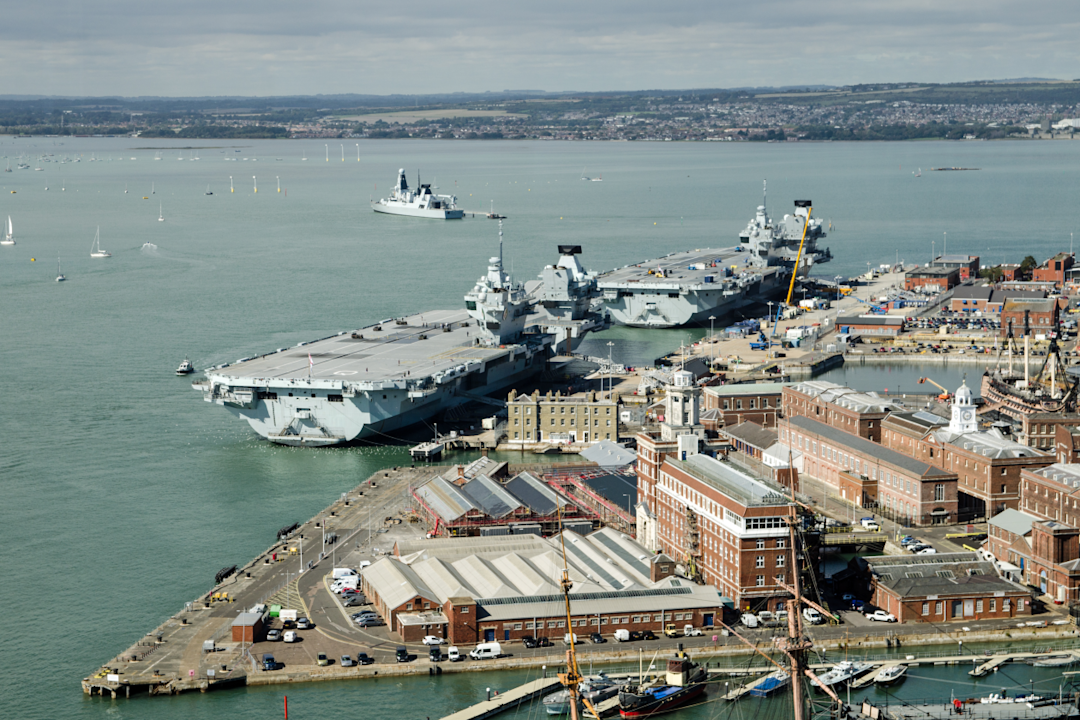News & Insights
HL LIVE
Updated Thursday 26th February 2026
Live blog covering today's important financial market events and news
Switch Your Money On podcast


Evaluating AI: Market disruption, hype and what next?
Emma is joined by Senior Equity Analyst Matt Britzman for our investments episode where they delve into results season amongst the big tech players and ask whether AI really does replace everything.
Read or listen now
Stock markets today
Prices delayed by at least 15 minutes
Next week on the stock market
23rd - 27th February 2026
- Nvidia looks to defy the law of large numbers
- Rolls-Royce looking to fly past profit expectations
- IAG continues to invest for the future
Our savings and resilience report


Higher earners have the most alarming pension gaps
We’ve partnered with experts at Oxford Economics to explore ways to strengthen household finances, compared which regions are more financially resilient than others, and the potential risks to the nation for 2025.
Explore our research
Newsroom
News from leading news agencies. Hargreaves Lansdown is not responsible for article content and accuracy. We may not share the views of the author.



















